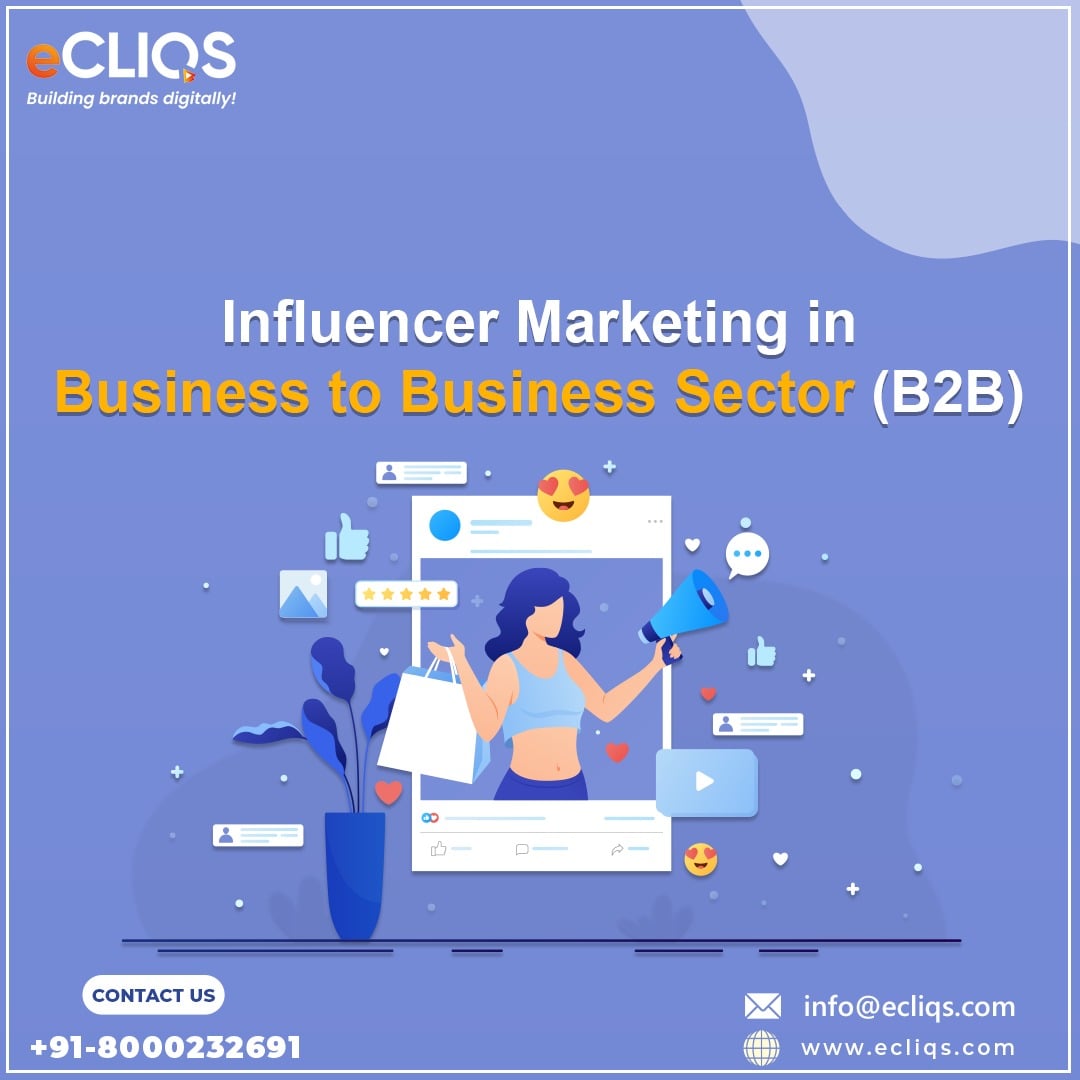
As B2B marketing grows, businesses are learning how influencer marketing may assist enhance brand awareness, reputation, and income. According to an InvespCro research, 94% of marketers agree that influencer marketing is a good strategy for B2B organizations.
Despite this, just 24% of B2B companies use influencer marketing in their overall company strategy.
That’s right; influencer marketing isn’t just for B2C brands anymore. Let us dive into the realm of influencer marketing in B2B.

The B2B Landscape is Changing
Traditionally, B2B marketing was a realm of data sheets, whitepapers, and serious corporate talks. While these aspects remain crucial, the landscape has evolved. Decision-makers and professionals now spend more time online, engaging with content and influencers in their respective industries. This difference in era has created an opportunity for influencer marketing to make its way into the B2B space.
What is B2B Influencer Marketing?
B2B influencer marketing involves collaborating with industry experts, thought leaders, or professionals who have a substantial online following and influence.
These influencers are creative and resonate the most with their audience. They know their audience the best and know ways to make your product into their hearts.
Why B2B Influencer Marketing Matters?
Credibility and Trust: Influencers in the B2B realm are trusted voices within their industries. Their endorsement can lend credibility to your brand and its offerings.
Reach and Visibility: Influencers have dedicated audiences interested in niche topics. Partnering with them allows your brand to tap into these audiences and gain visibility among your target demographic.
Quality Content: Influencers are skilled content creators. Their collaboration ensures a high engagement rate, informative content in the most creative way, and a shortcut for you to gain audience trust.
Lead Generation: An effective influencer marketing strategy can drive qualified leads to your business. Influencers can help you reach decision-makers who may not have been easily accessible through traditional marketing channels.
Networking Opportunities: Building relationships with influencers can lead to valuable networking opportunities within your industry. These connections can open doors to partnerships, collaborations, and business growth.
Getting Started with B2B Influencer Marketing
Identify the Right Influencers: Look for influencers who align with your industry, values, and target audience. They should have an interest in your industry and should be close with their followers.
Set Clear Goals: Determine what you want to achieve with your influencer marketing campaign. Whether it’s brand awareness, lead generation, or thought leadership, clear goals are essential.
Collaborate Authentically: Encourage influencers to create content that genuinely reflects their opinions and experiences with your brand. Authenticity is key to building trust.
Measure and Analyze: Track the performance of your influencer marketing efforts using relevant metrics like engagement rates, lead generation, and conversions.
Maintain Relationships: Building long-term relationships with influencers can lead to sustained success. Keep the lines of communication open and collaborate on multiple campaigns.
Summary
Businesses must maintain the value of influencer marketing in B2B. Because customers place a great value on influencers, they must adopt this marketing strategy to boost their brand’s visibility, reputation, and sales.
Influencer marketing is a growing concept that will continue to grow as more businesses adopt it. To construct successful programs, businesses must establish precise objectives for their influencer marketing activities and measure their efficacy.


